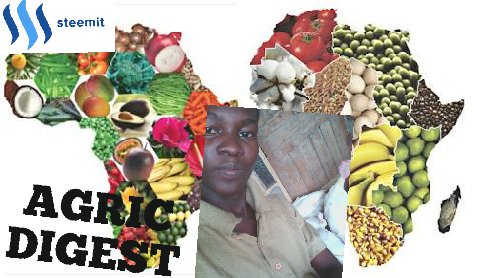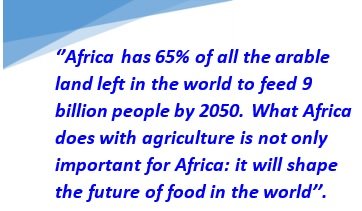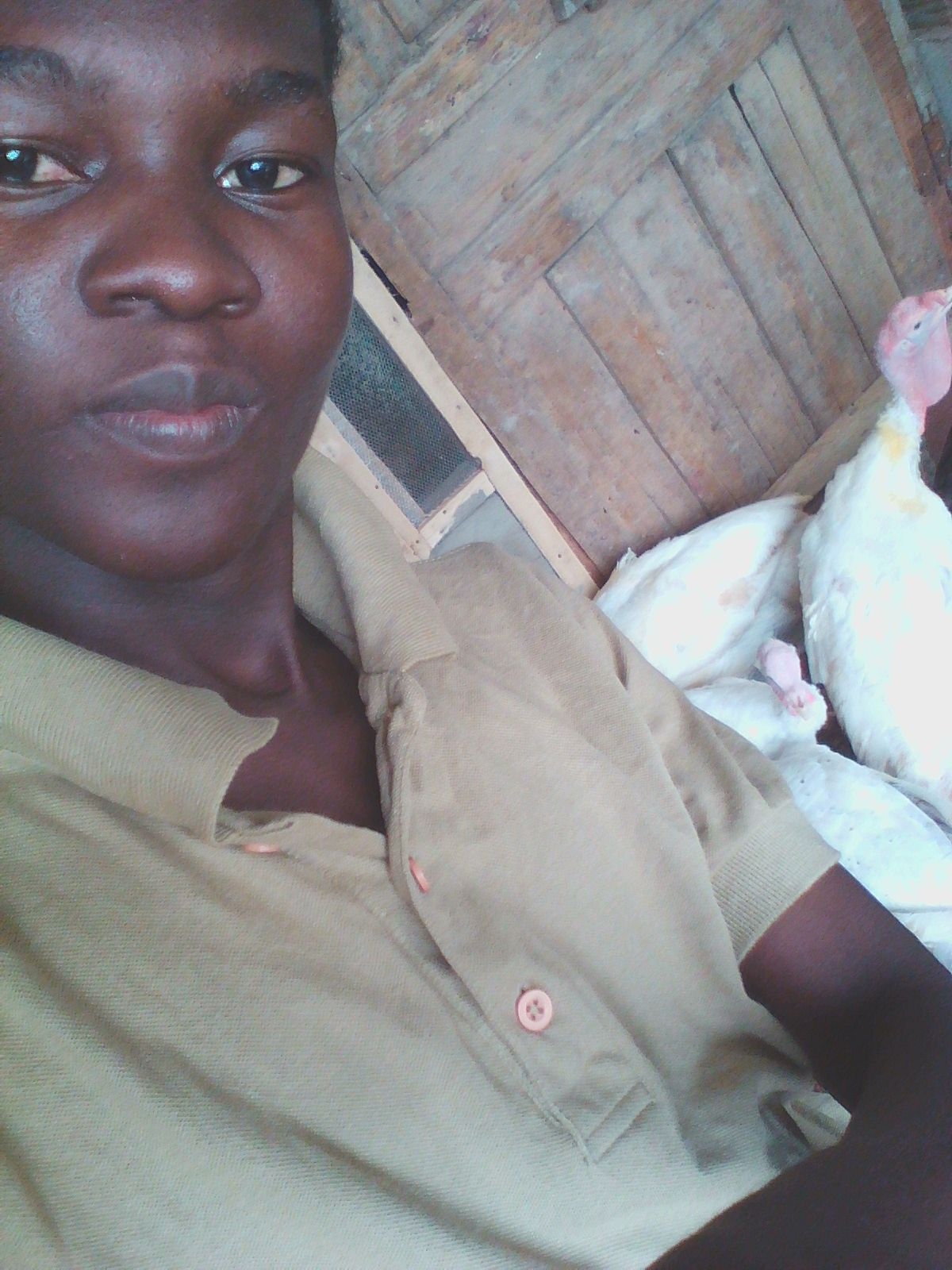Agric Digest #1: State of the Untapped Mine(Agriculture)

Agriculture is our wisest pursuit, because it will in end contribute most to real wealth, good morals and happiness- Thomas Jefferson
Hello steemians, i promised to continue to post about agriculture in my first post on Agriculture. Check here for the post.
This will be a weekly digest aimed at informing steemians about agriculture and what is happening in the agriculture sector in the world.
Why Agriculture?
Agriculture is the main source of livelihood of any country, since it provides food for human consumption. John Mohaise once said
You cannot have a happy, healthy and peaceful continent without food.
Georrge Washington also said " I would rather be on farm, than be an emperor of the world" signifying the importance of Agriculture to the world.
Agriculture transformation is the key to any country transformation economically.
“Agriculture has done more to reshape the natural world than anything else we humans do, both its landscapes and its fauna and flora. Our eating also constitutes a relationship with dozens of other species – plants, animals and fungi – with which we have co-evolved to the point where our fates are deeply intertwined.” – Michael Pollan,
Why Africa?
This edition will be focusing on Africa
Dr Akinwunmi Adesina, President of the African Development Bank stated this;

at the 7th AASW and FARA GA held in Kigali, Rwanda.
State of the Untapped Mine in Africa: Agriculture
Many Africans are not aware of the large and unused potentials in the Africa Agricultural Sector and neither are people in the world aware also.
It should be noted these facts are subjected to change due to the dynamic nature of the Agriculture sector.
The facts include:
Most Africans rely on it for their life and livelihood (about 70%)
It’s only performing about 40% of its potential and will only produce 13% of its food needs by 2030 if it continues in its present trend.
It contributes about 32% to Africa’s GDP and provides employment to 65% of the labour force on the continent of which with an estimate of 38% to be youth.
- Its productivity is low compared to other regions. Only eight countries have surpassed the 10% budgetary allotment target out of the 30 that subscribed to the CAADP Compact (a policy in which countries are advice to allocate a minimum of 10% of their budget to Agriculture).
- About 65% of the world arable land is available in the Sub-Saharan Africa and it’s underutilized and of which only 5-7% is irrigated.
Most of Africa land is rural land- about 90% of the total land in which 75% percent of the soil is degraded
It is dominated by staple foods which include; Cassava, sweet potato, sorghum, millet and yam with few traditional crops such as Tea, Cocoa, Sugar, Coffee, Tobacco, Cotton and Oil Palm.
Cereal crop yield is 10% of U.S yield.Most African farmers are small-holders farmers which are about 80% of the total population of African farmers who depend mainly on rainwater.
47% of African farmers are women and achieve a yield 20-30% lower than man due to unequal right. They own 1% percent of the Africa land.
Only 25% of farm power is provided by animals, while less than 20% is provided by engine power.
It is the main source of income for the rural population with an estimate of 64% of the total population.
Africa provides 2% of the world’s total agricultural exports.Sub-Saharan Africa import an estimate of USD 25 billion of staple feed every year, thus putting pressure on foreign reserves.
Post-harvest losses are about 30% of the total yield/production of the Africa agriculture sector which is equivalent to a loss of USD 4 billion every year.
Despite the rich agriculture resources, there is high incidence of undernourishment in the Sub-Saharan (1 in 4 persons) with report having that 230 million out of 380 million people in the Sub-Saharan are chronically malnourished.
Its growth is eleven times more effective to alleviate poverty than growth in any other sector.Ivory Coast is the largest producer of Cocoa in the world; Ethiopia is the fifth largest producer of coffee in the world
SOURCES:FORESIGHT REPORT 2016
KPMG AGRICULTURE IN AFRICA REPORT 2015
AFRICA COMPETITIVENESS REPORT 2016
IMAGE CREDIT: FAARAFRICA
THANKS FOR READING. THIS IS THE FIRST EDITION AND IS OPEN TO SUGGESTIONS AND CRITICISM.
Its me @tormiwah

KINDLY COMMENT, UPVOTE AND REESTEEM
So useful info. Keep up sharing such this wonderful article please.
Thanks for sharing.. I have just followed you :-)
THANKS. WILL KEEP POSTING
Sadly most Africans, for a lot of reasons, prefers other jobs to agriculture. Reason not far-fetched. It's a herculean task to get funding on agriculture. Unless, of course, you are "connected" or know one or two in the government hence a big player. The other is that agriculture is viewed as not being "flashy" enough to be identified with. It's a crazy phenomenon.
You are right
Dont see the government largerly involved in agriculture in years to come
The government are not in any way developing agric to thd extent that they cant allocate 10%
Most of the development there are by the private sector and the world bank
There are many things associated with that financing more than the government aspect
Can't say all
Just watch out for the next episode
That's cool. ✌️
This is a great post, very informative. we have so much in Africa that can feed the world. thanks for sharing